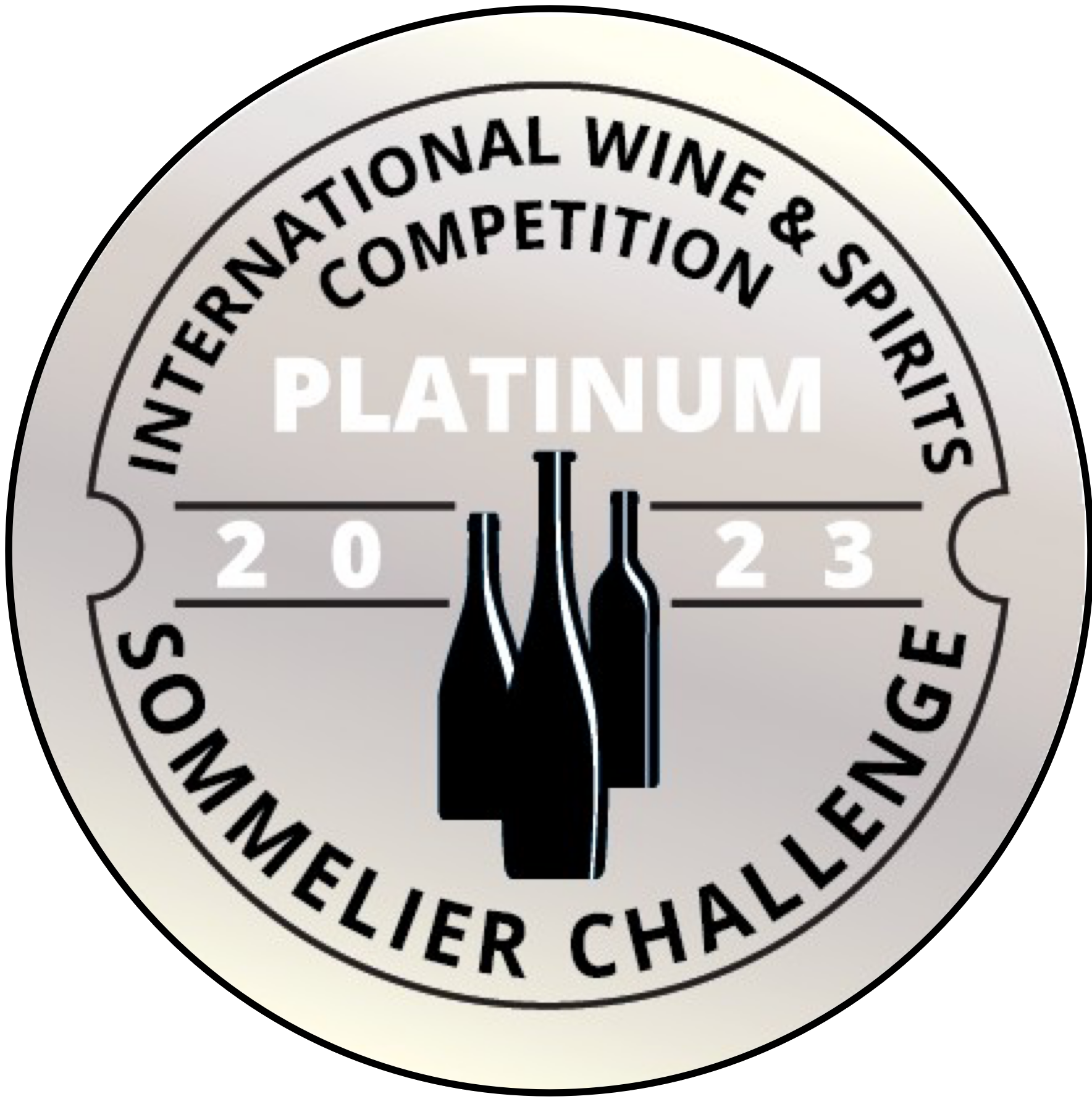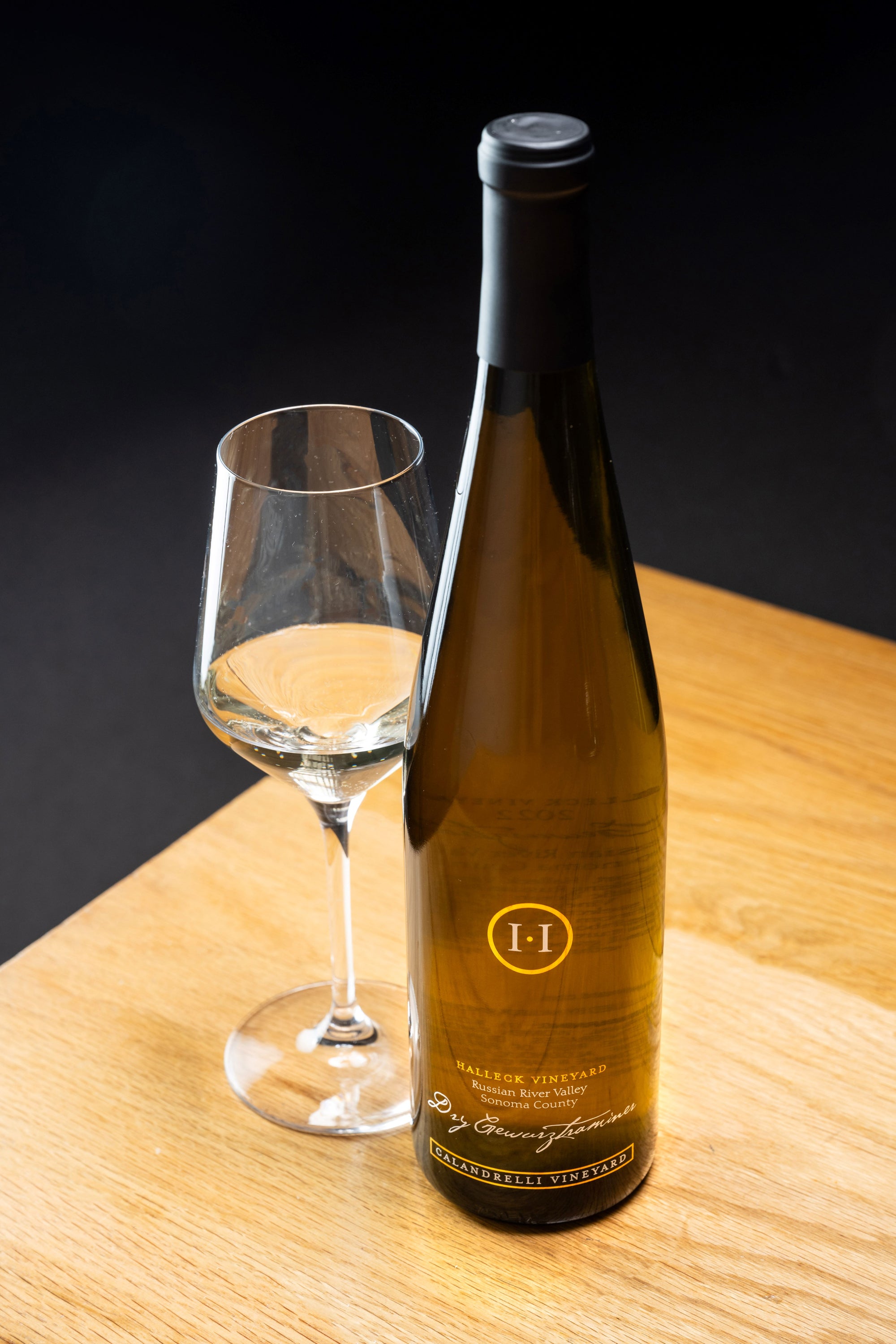Wineries Hosting Seasonal Events - Vineyards Near Sebastopol
Wineries With Breathtaking Gardens In Sonoma - Tasting Rooms In Sebastopol
Wine tasting is an art that requires practice and an understanding of various aspects involved within the course of. One essential component of wine tasting is the event and interpretation of tasting notes, which serve as a guide for both novices and seasoned connoisseurs. A Guide To Understanding Winery Wine Tasting Notes can improve your wine-tasting experience, making it more significant and enjoyable.

Tasting notes are concise descriptions that capture the essence of a wine’s flavors, aromas, and total character. Often composed by professional tasters, winery tasting notes offer insights into the nuances of various wines. They might help wine enthusiasts understand what to expect from a selected bottle. However, tasting notes can vary broadly in style and detail based on the writer's experience and palate.
Breathtaking Views From Sonoma Wineries - The Charm Of Sonoma Wineries
When you first method a glass of wine, your senses will begin to engage instantly. The sight, odor, and taste of the wine will converge to offer you a complete experience. Tasting notes typically begin with the visible assessment, where the colour of the wine is taken into account. Shade plays a major role in indicating the wine’s age, grape selection, and even its flavor profile.
After assessing the visual side, the subsequent step entails swirling the wine in the glass. This motion aerates the wine, allowing its aromas to awaken. Smelling the wine supplies critical insight into its complexity. The preliminary sniff can deliver a flood of scents that will embody fruity, floral, herbal, or earthy notes. This is often the most subjective a part of tasting, as individual experiences can dramatically differ.
In winery tasting notes, descriptors are often categorized into main, secondary, and tertiary aromas. Primary aromas normally stem from the grape selection, secondary aromas derive from fermentation processes, and tertiary aromas arise from growing older. Understanding these categories may help you recognize the depth of a wine, and so they additionally provide the vocabulary to precise your experience better.
Unique Wine Blending Experiences In Sonoma - Celebrated Wineries Around Sebastopol
Following the olfactory encounter, your focus will shift to the taste of the wine. This is where the first characteristics—sweetness, acidity, tannins, alcohol—come into play. Tasting notes typically detail these flavors in multiple dimensions, together with the preliminary assault in your palate to the lingering finish on your tongue. A high-quality wine will current a harmonious stability between these factors.
Whereas tasting, it is important to contemplate the physique of the wine, which could be described as light, medium, or full. The body contributes considerably to your overall impression, serving to you contemplate how the wine pairs with food or whether or not it stands alone as a sipping wine. Balancing the body with the opposite characteristics will provide you with a fuller understanding of what the wine has to supply.
The finish of the wine, additionally referred to as the aftertaste, is one other critical aspect usually included in tasting notes. A long, nice finish normally indicates the next quality wine, whereas a short or cloying aftertaste could recommend in any other case. Evaluating the finish can provide further perception into the wine's complexity and distinction.
Understanding the context of winery tasting notes can also be valuable. Tasting notes can provide contextual information about the vineyard's location, local weather, and grape-growing practices. This context adds one other layer of appreciation for the wine, allowing enthusiasts to attach the sensory experience with its origins, thus enhancing the enjoyment additional.
Best Pinot Noir Wineries In Sebastopol - Best Winery Located In Sonoma
Many wineries provide tasting notes on their websites or labels, often written in an approachable yet informative style. However, not all winery tasting notes are created equal. Some may be overly technical, whereas others might prioritize advertising aptitude over insightful analysis. Learning to navigate these notes can arm you with the knowledge to make informed decisions when choosing wines.
Taking Part in tastings at wineries can even deepen your understanding of wine tasting notes. Interacting with knowledgeable staff can give you a extra hands-on strategy to exploring totally different wines and the language used to describe them. Scenic Vineyard Tours In Sebastopol. You Will have the opportunity to ask questions, engage in discussions, and doubtlessly refine your palate in real time.
Experimentation is crucial for mastering wine tasting notes. As you pattern different wines, try making your individual notes. Focus on describing the wine’s shade, aroma, style, and finish. Over time, you’ll develop a private vocabulary that resonates with your sensory experiences. Every note you create will help refine your palate, permitting you to understand wines at a deeper stage.
Wineries Promoting Wine Club Memberships - Enjoying Wine Tastings And Vineyards Near Sebastopol
In conclusion, a Guide To Understanding Winery Wine Tasting Notes presents a comprehensive framework for diving into the world of wines. It equips you with the methods and language essential to articulate your experiences. Whether you are a informal drinker or a devoted aficionado, understanding and utilizing tasting notes can profoundly influence your wine journey. This information not only enhances your enjoyment but in addition connects you deeply with the wealthy narratives every bottle tells. By embracing this journey, you turn out to be part of the gorgeous mosaic of wine tradition, where every sip unveils a model new story ready to be discovered.
- Wine tasting notes sometimes encompass quite a lot of sensory descriptions, including aroma, flavor, acidity, body, and end, allowing tasters to totally recognize the wine's traits.
- To improve your understanding, familiarize your self with widespread wine terminology such as "tannins," "oakiness," or "terroir," which can help decipher the notes more successfully.
- A systematic approach to tasting entails first visually assessing the wine's shade and readability, followed by swirling to release aromas, then inhaling and describing what you experience.
- Taking notes throughout tasting may help determine patterns over time, enhancing your palate and making it easier to recall preferences for future selections.
- Don't overlook the affect of food pairings; tasting notes can differ significantly when a wine is loved with complementary flavors, altering notion and pleasure.
- Pay attention to the wine’s vintage, as climatic conditions in a given year can considerably affect the ultimate product, adding another layer to the tasting notes.
- Contemplate the winemaker's style and philosophy, which may shape the wine's profile and impact how its notes evolve with each sip.
- Working Towards with totally different grape varieties can broaden your vocabulary; each sort brings unique traits that may enhance your capacity to articulate tasting notes effectively.
- Participating with wine professionals or attending tasting events can present useful insights, providing a richer context for understanding personal tasting notes.
- Bear In Mind that tasting is subjective; particular person preferences and experiences will shape one’s interpretation of the identical wine, enriching the overall enjoyment of wine exploration.
What are wine tasting notes?
Wine tasting notes are descriptive comments made by tasters in regards to the appearance, aroma, style, and end of a wine. They provide an outline of the wine's characteristics and may help customers perceive the style and quality of the wine.
Wineries Perfect For A Relaxing Afternoon - A Visit To Sebastopol Wineries
Why are tasting notes important when selecting wine?
Tasting notes can guide you in selecting a wine that suits your palate. They provide insights into flavors and aromas, serving to you to match wines with food or occasions. Understanding these notes enhances Get the facts your general wine experience.
How should I learn wine tasting notes?
(Unique Wine Blending Experiences In Sonoma)
Wineries Near Sonoma Square - Luxury Wine Tasting In Sonoma County

When studying wine tasting notes, pay consideration to the structure: search for descriptions of color, aroma, flavor, and finish. This will allow you to grasp the wine's profile and determine if it aligns together with your preferences.
What terms commonly seem in wine tasting notes?
Common terms embody "tannin" (the structure), "acidity" (the crispness), "body" (the weight), and various flavor descriptors like "fruity," "earthy," or "spicy." Familiarizing your self with these phrases can deepen your understanding of wine.
Wineries Promoting Wine Club Memberships - Celebrated Wineries Around Sebastopol
Am I Able To create my very own tasting notes?
Yes! Writing your personal tasting notes can enhance your wine tasting experience. Focus on your observations of taste, aroma, and other sensory traits. This personal practice may help you refine your palate over time.
How do I establish the aromas in wine tasting notes?
Beautiful Picnic Areas At Sonoma Wineries - Sonoma Wine Tastings
To identify aromas, practice smelling a wide selection of scents and associating them with wines. Swirl the wine in your glass to release its aromas, then take a moment to breathe in deeply earlier than figuring out any outstanding scents.

What is the distinction between professional and personal wine tasting notes?
Professional tasting notes might use extra technical language and specific terminology, while personal tasting notes are subjective and replicate particular person experiences. Both are useful for understanding and having fun with wine, but personal notes might resonate extra with your unique tastes.
How can tasting notes enhance my wine appreciation?
Romantic Winery Destinations In Sebastopol - Local Wineries In Sebastopol
Tasting notes can improve your appreciation by helping you to know and articulate the complexities of wine. They encourage aware tasting and provide a framework for comparing different wines, leading to a richer enjoyment of the beverage.
Are there any apps or tools to assist with wine tasting check this notes?
Sure, there are several apps designed to assist users record and organize their tasting notes. These tools usually provide options like flavor wheel guides and wine database searches, making it easier to track your journey through completely different wines.